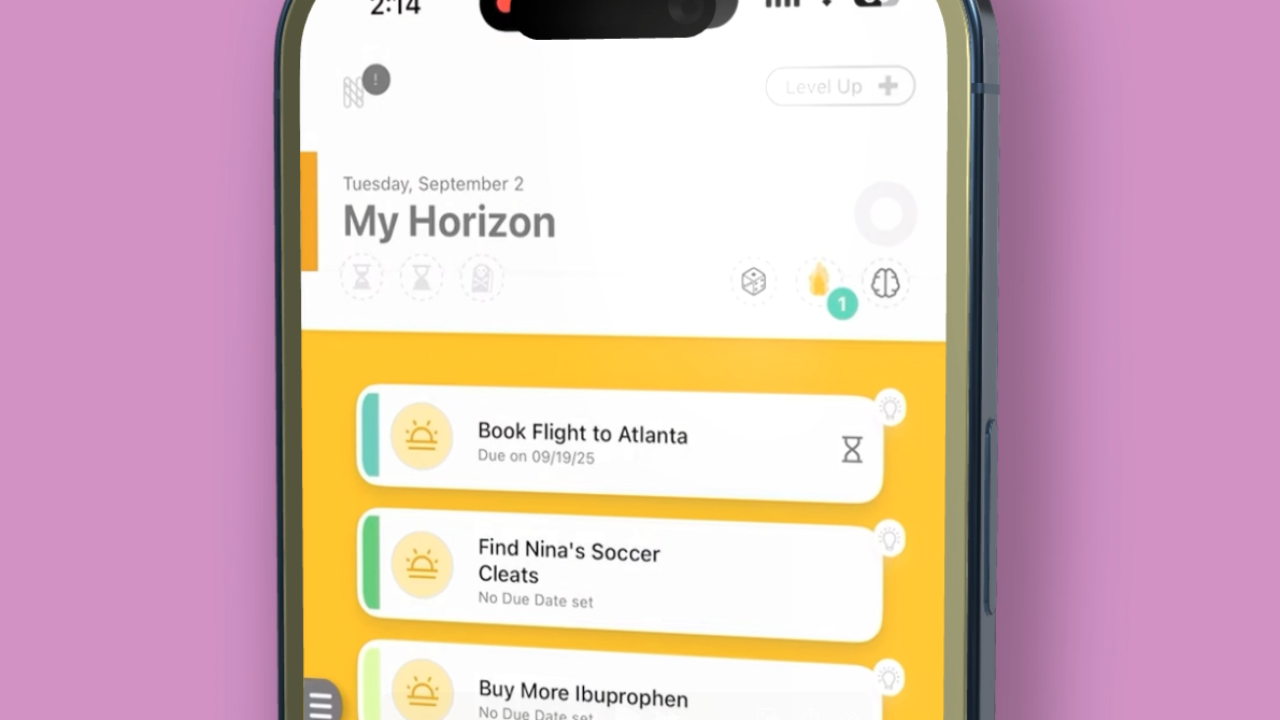Part of being an LGBTQ-inclusive workplace is ensuring
For online bank Ally, supporting their LGBTQ population means making sure they are taken care of in and out of the workplace. From
"We look at programs, benefits, initiatives — things that would matter to everyone — and then we think about how they would resonate with each of the various populations that we serve," says Gwen Gollmer, executive director of total rewards at Ally.
Read more:
For example, domestic partners are included as eligible dependents on healthcare offerings and beneficiaries on life insurance in the same way a spouse would be. Children of domestic partners are included in eligibility, as well. Ally has also designed a
"The programs are about giving folks the time and space and support when they're going through something in their lives," Gollmer says. "We match them as closely as we can so that benefits can be provided more broadly to all of our employees."
Expanding fertility benefits
Family building is another opportunity for inclusivity, Gollmer says. Ally expanded its fertility benefits to include social infertility rather than just medical, and covers up to three full IVF cycles. It also offers $35,000 toward adoption and surrogacy per child and up to 14 weeks of paid-parental leave for eligible employees. The company's intranet is set up so employees can search for these and other benefit topics of interest, as well as respond to posts from the organization, which helps leaders better understand their needs.
Read more:
"If an employee interacts with a post on our company intranet and it's benefit- or total-rewards related, it's going to come to me or my team," Gollmer says. "We can then respond, and think about how we view that comment, and is it something that we're considering for change?"
Mental health and wellness benefits are also customizable, allowing employees to search for providers by specialty, including LGBTQ expertise. Gollmer points out that 97% of Ally employees who engage in care stay with the same provider — evidence that letting people select such parameters helps get them to someone they can relate to.
ERGs are essential points of contact
Gollmer and her team work closely with Ally's LGBTQ employee resource group (ERG), Pride ALLYS, which has over 1,600 members. In addition to being an invaluable source for issues that are important to employees, it provides a platform for Gollmer to discuss and get feedback on benefits.
"[Our ERGs are] open membership, so when you're in the room, you're talking with people who identify with that population as part of that population, employees who identify as a supporter, and employees who are curious and just want to expand their knowledge and get to know folks better or know more about them," Gollmer says. "It really gives us a great platform as we talk about the different programs that we have to offer and how they might resonate."
Read more:
Benefits support culture and build trust, Gollmer says, and Ally's thoughtful approach to its offerings and programs is part of why it was named by Forbes as one of the top 10 LGBTQ-friendly banks of 2025 and is part of the Human Rights Campaign Foundation's Corporate Equality Index. Its efforts extend into the community as well, including partnerships with LGBTQ advocacy groups and participation in local events.
"There's trust that if we serve our employees, our employees can serve our customers and communities," says Gollmer. "[This means] Ally, its employees, its customers, and communities [all] win."






